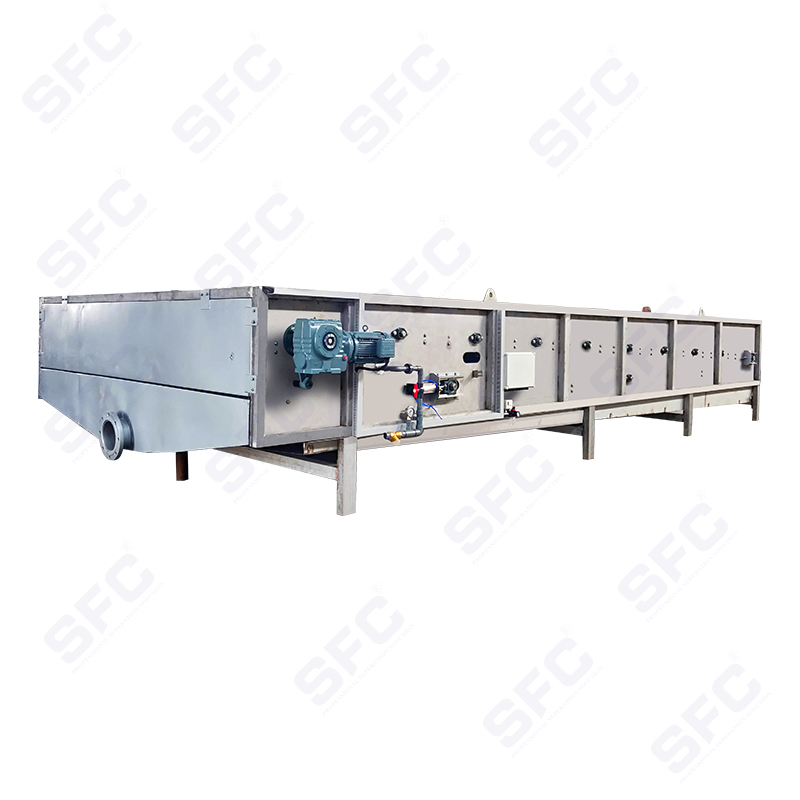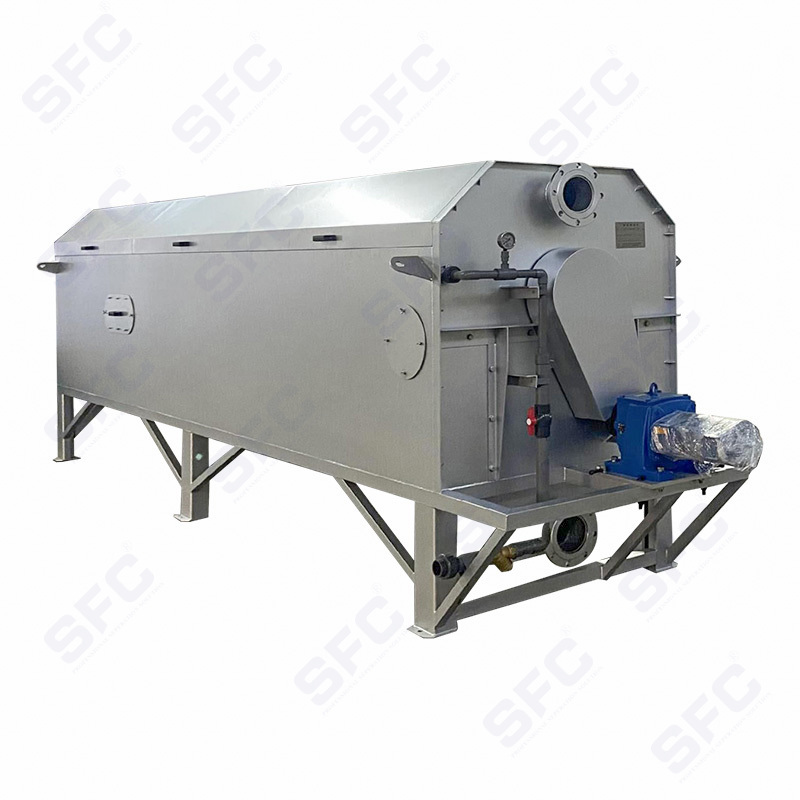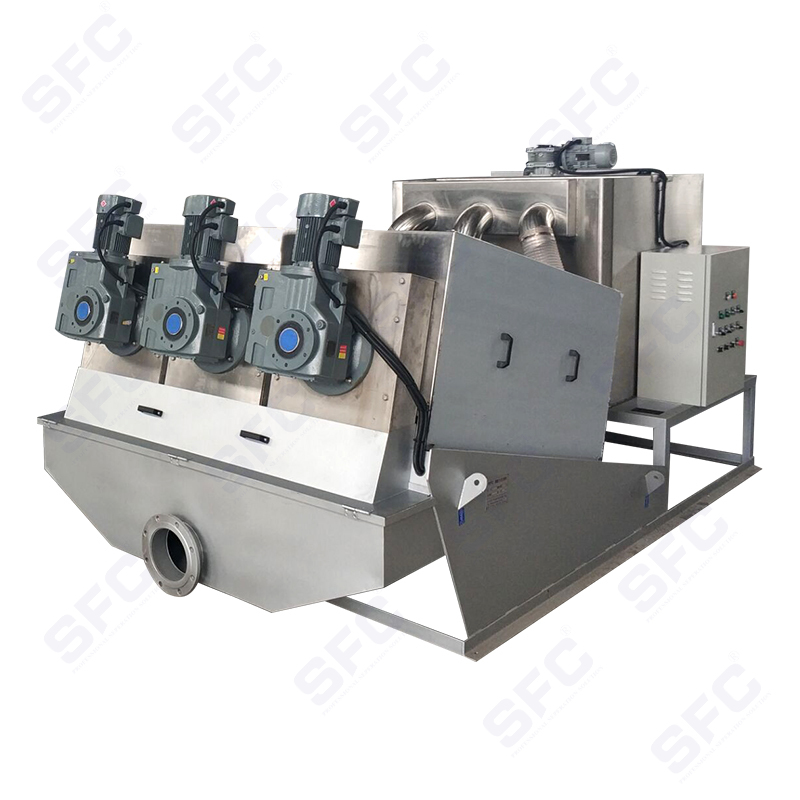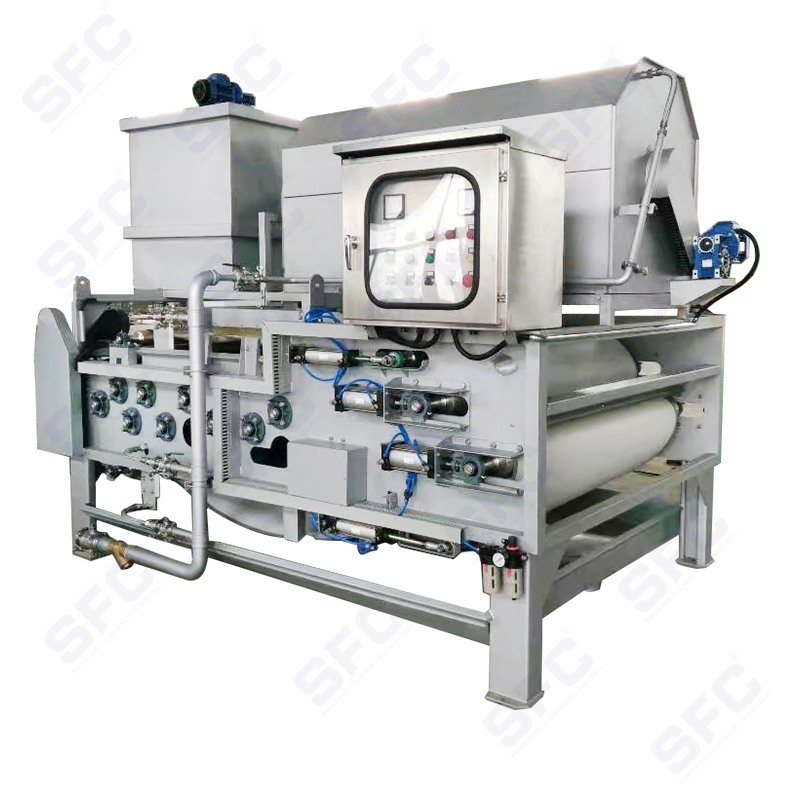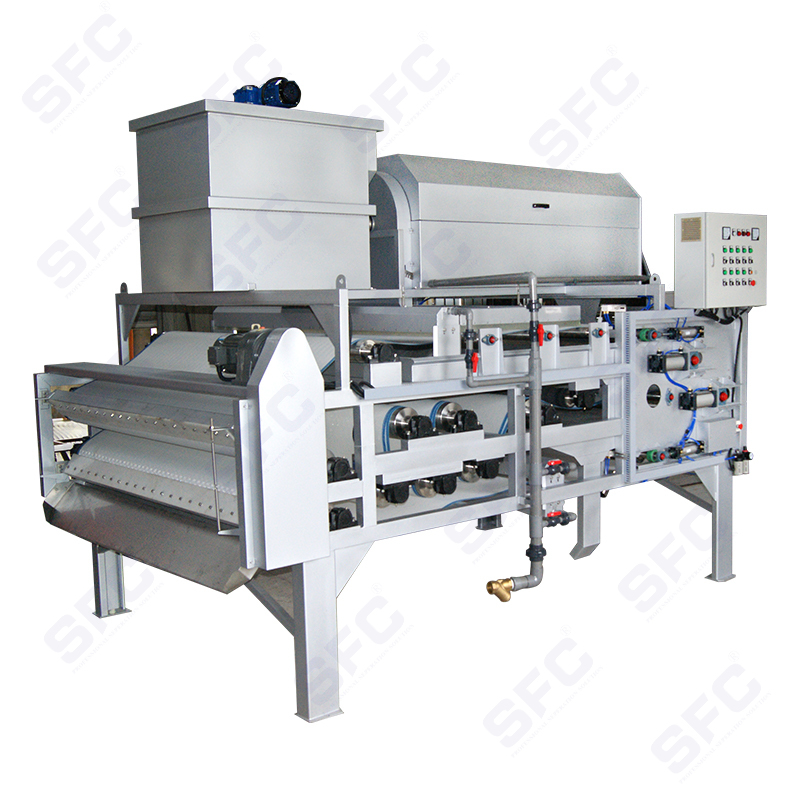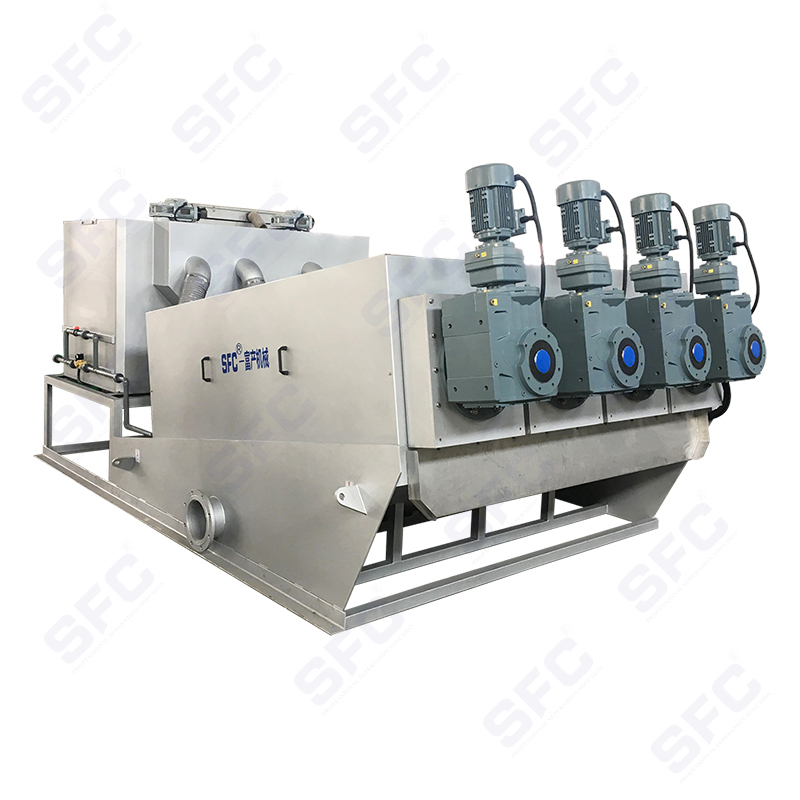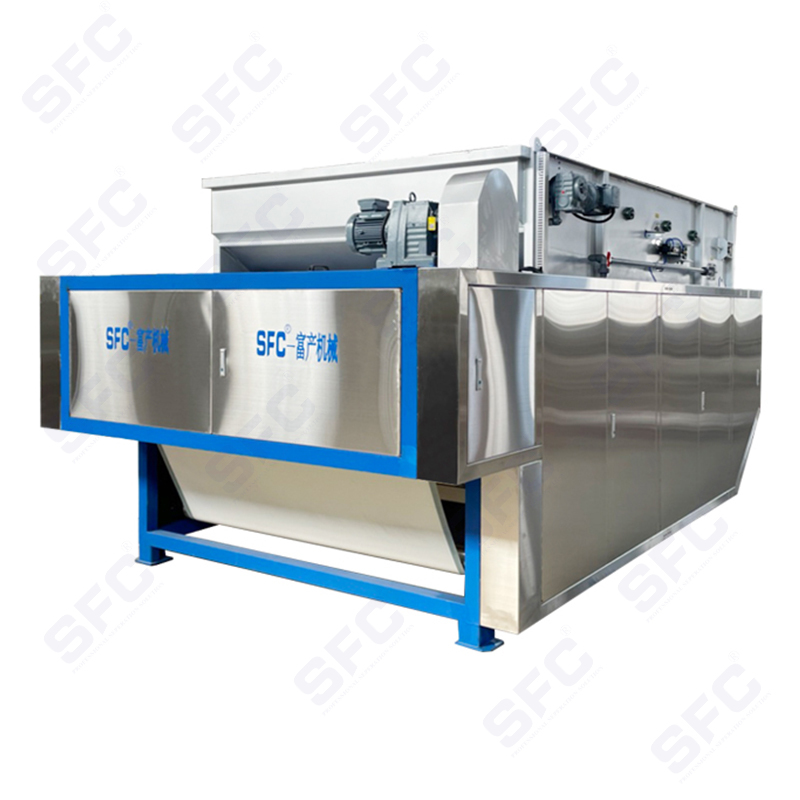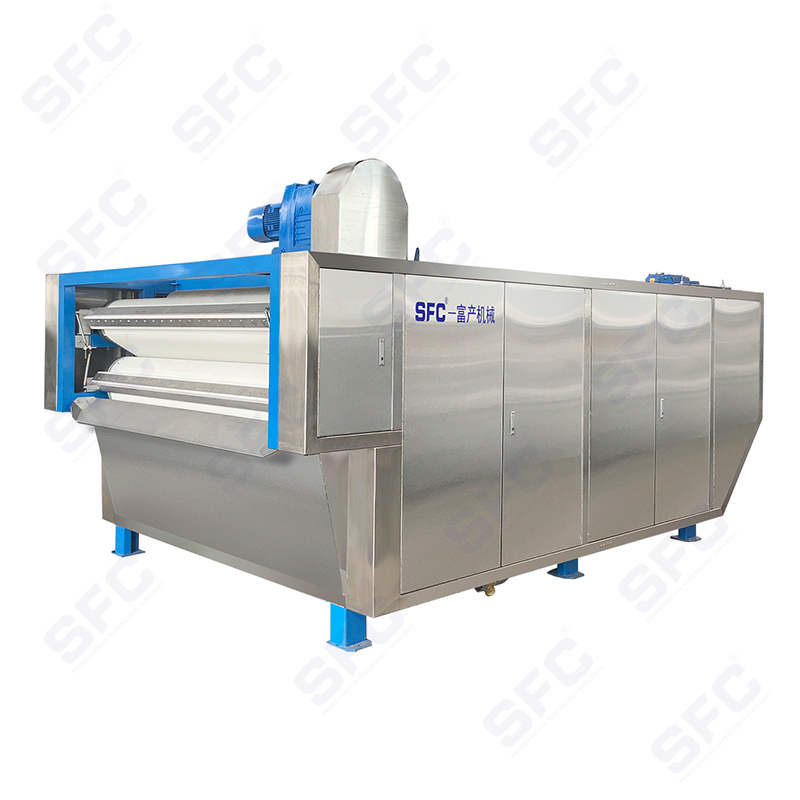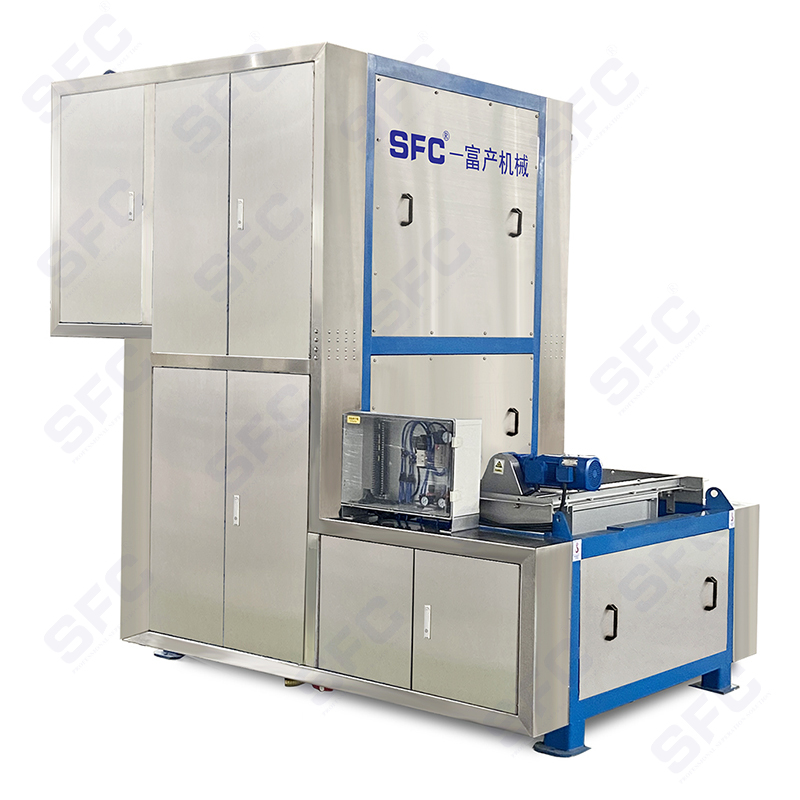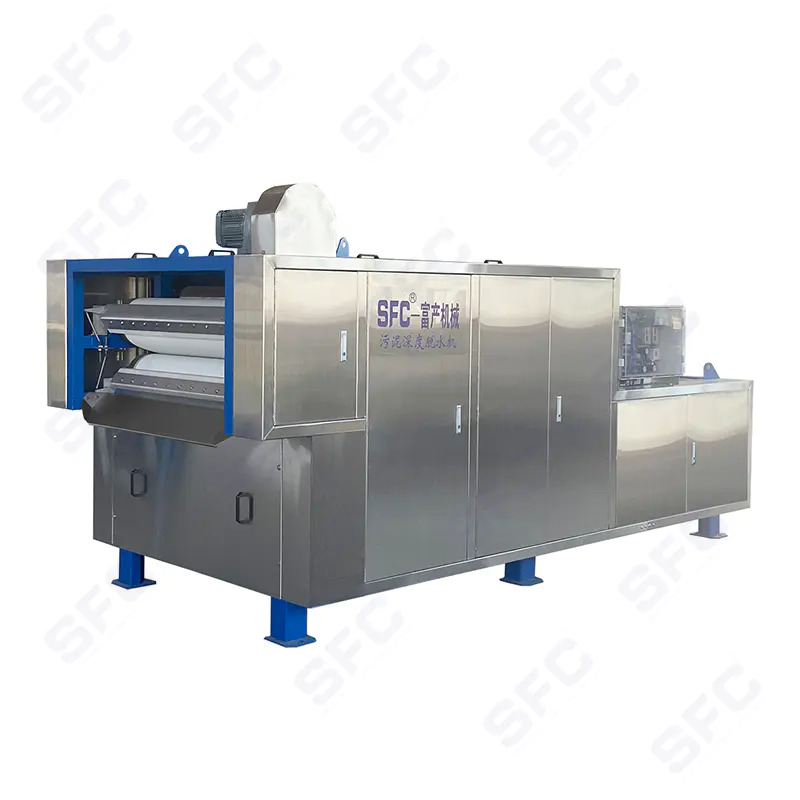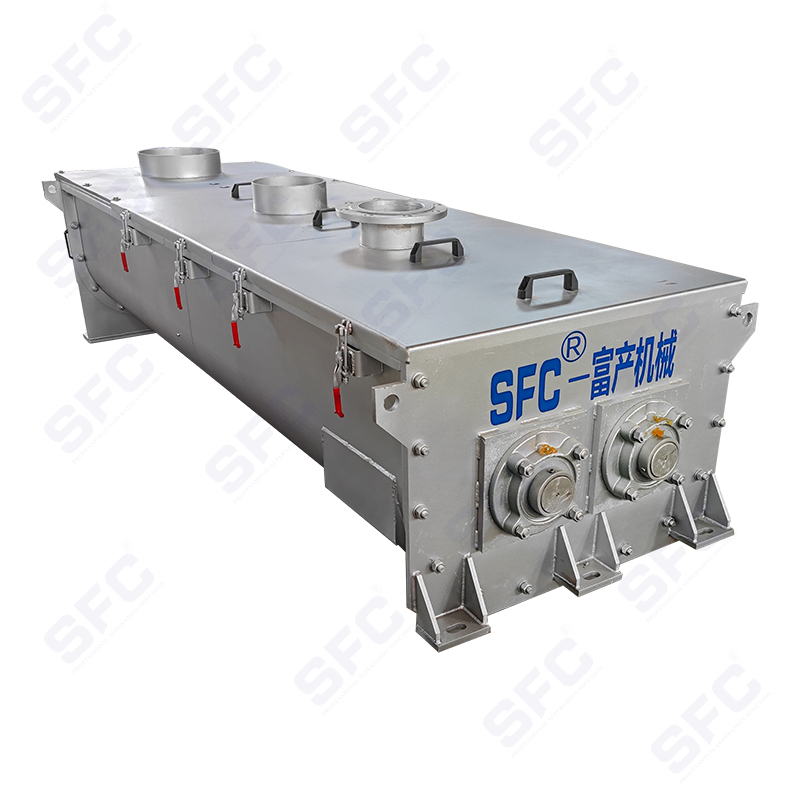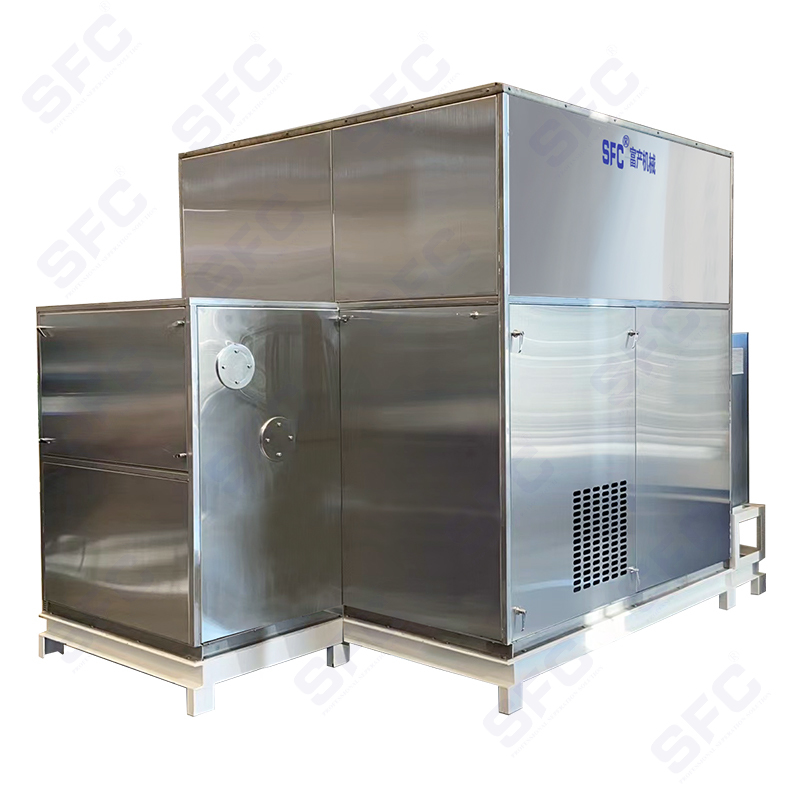Which Industries Benefit Most from Using Sludge Dewatering Machines?
Introduction to Sludge Dewatering Machines
Sludge dewatering machines are essential equipment in modern waste management and industrial processes. They effectively separate water from sludge, reducing disposal volumes, minimizing environmental impact, and optimizing operational efficiency. Various industries rely on these machines to manage waste, lower costs, and comply with stringent regulations.
Municipal Wastewater Treatment
Municipal wastewater treatment plants process large volumes of sewage daily. Sludge dewatering machines play a pivotal role in reducing the water content of sewage sludge, making it easier to handle, transport, and dispose of while ensuring compliance with environmental standards.
Cost Reduction
Reducing sludge moisture content decreases transportation and disposal costs significantly. Less volume means fewer trips to landfills and lower fees, providing municipalities with financial benefits while maintaining operational efficiency.
Environmental Compliance
Dewatering machines help municipal plants meet strict wastewater discharge regulations. Properly dewatered sludge reduces the risk of contamination and ensures adherence to environmental laws, minimizing liability and ecological impact.
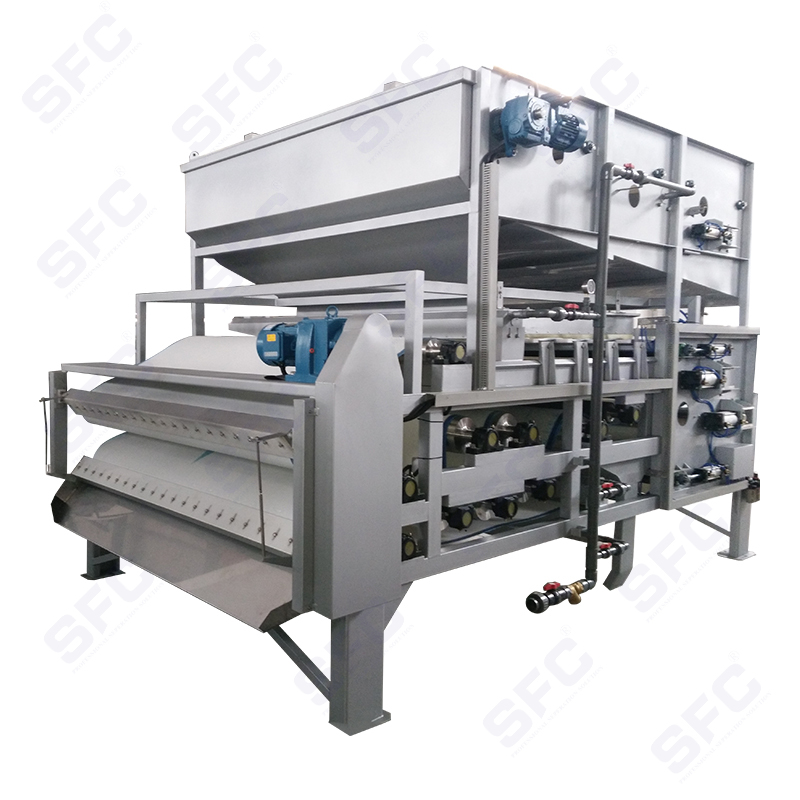
Industrial Manufacturing
Industrial processes such as chemical production, food processing, and textiles generate significant amounts of sludge. Sludge dewatering machines are widely used to handle byproducts efficiently, ensuring safe disposal and sustainable operation.
Chemical and Pharmaceutical Industries
These industries often produce hazardous or reactive sludge. Dewatering machines reduce water content, making sludge safer for handling, storage, and disposal. This also supports recycling initiatives within the facility.
Food and Beverage Sector
Sludge from food and beverage operations contains organic matter and byproducts. Dewatering machines efficiently reduce volume, cut disposal frequency, and enable the potential reuse of water, enhancing sustainability and reducing costs.
Mining and Mineral Processing
Mining operations produce slurry containing water and fine particles. Dewatering machines separate water from mineral sludge, reducing storage needs and environmental impact while allowing water reuse in processing.
Tailings Management
Dewatering machines reduce the moisture content of tailings, making them easier to store and transport while mitigating the risk of dam failures or leaks. This supports safer and more efficient mining operations.
Water Recovery
Recovered water from dewatered sludge can be reused in mining processes, lowering freshwater consumption and promoting sustainable water management practices.
Pulp and Paper Industry
The pulp and paper industry generates significant sludge from fiber processing and wastewater treatment. Dewatering machines reduce sludge volume, recover fibers, and improve water reuse, which contributes to cost savings and environmental compliance.
Fiber Recovery
Recovered fibers from dewatered sludge can be reintegrated into production, reducing raw material costs and promoting circular use of resources.
Regulatory Compliance
Dewatering helps mills meet stringent wastewater discharge standards, reduce landfill dependency, and support environmentally sustainable operations.
Agriculture and Livestock Operations
Large-scale farms generate manure and slurry requiring proper handling. Sludge dewatering machines convert wet waste into a more manageable form for composting or as fertilizer.
Fertilizer Production
Dewatered sludge can be processed into organic fertilizers, adding value while reducing environmental impact from livestock waste.
Odor and Volume Management
Removing excess water reduces odor and volume, facilitating storage, transport, and application while enhancing worker safety and community comfort.
Conclusion
Sludge dewatering machines are vital in multiple industries, from municipal wastewater treatment to industrial manufacturing, mining, pulp and paper, and agriculture. They efficiently reduce sludge volume, lower costs, recover water and resources, and ensure environmental compliance.
By incorporating these machines, industries can enhance operational efficiency, promote sustainability, and minimize environmental impact, highlighting the essential role of sludge dewatering technology in modern waste management.



 English
English Español
Español
